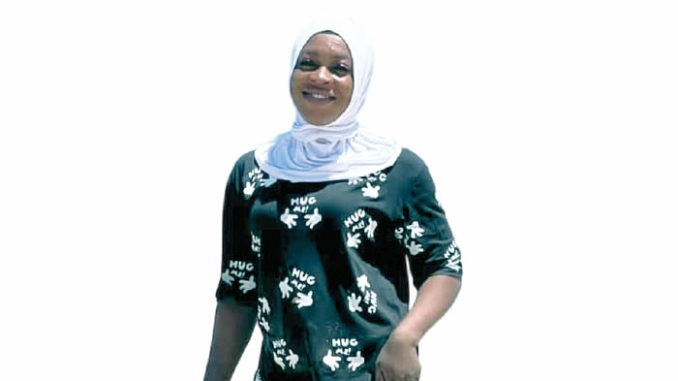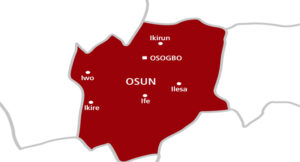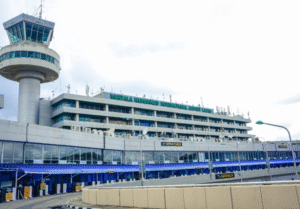
A 28-year-old woman from Ori-Ade Local Government Area of Osun State, Victoria Abosede, has shared harrowing details of her ill-fated journey to Libya in search of better opportunities, describing the experience as traumatic, inhumane, and life-threatening.
Speaking with our correspondence, Abosede revealed she embarked on the perilous journey in January 2024 after the breakdown of her marriage and the tragic loss of one of her two children. Her aim was to work in Libya for three years, save enough money, and return to Nigeria to start a small-scale business.
According to her, the journey from Kano to Libya took over a month, with migrants crammed into the back of a Hilux truck “like animals.” She disclosed that several travellers fell off and died en route. In Niger Republic, the group was delayed for a week before entering the desert, where they survived by drinking from petrol kegs and sharing water troughs with camels and donkeys.
During their desert ordeal, Abosede and others were shuttled between makeshift ghettos, relying on soaked garri and scavenged leftovers, often enduring days without clean water or shelter. Upon arriving in Libya, her agent lodged her briefly before placing her in an Arab household, where she worked as a domestic help under degrading conditions.
She detailed working excessively long hours with minimal rest, being fed only twice daily, and carrying out exhaustive cleaning duties in addition to childcare. Over six months, she was transferred between three employers, each imposing stricter and more dehumanising conditions.
Abosede said she was arrested during a visit to her agent for lacking proper documentation. After seven days in police custody, she was transferred to a prison facility in Tripoli, where she spent over four months without trial or external contact. She described the prison as overcrowded—with more than 1,000 inmates packed into a single hall—where basic necessities like food, healthcare, and hygiene were almost nonexistent. According to her, deaths were common, especially among children and pregnant women.
Having registered for deportation in November 2024, she was finally repatriated to Nigeria on 18 March 2025 alongside over 150 others. She commended Nigerian authorities for providing immediate food and shelter upon their arrival in Lagos and noted that there were promises of financial support to help them reintegrate and start small businesses.
Although some returnees have reportedly received assistance through the International Organisation for Migration (IOM), Abosede is still awaiting her own support to begin trading food or secondhand clothing.
She issued a stern warning to young Nigerian women, particularly in Osun, not to be deceived by human traffickers and migration agents who promise high-paying jobs abroad. “There is nothing but suffering, abuse, and trauma on that path,” she said.
Abosede called on the government to scale up public enlightenment campaigns against illegal migration and human trafficking, urging a national approach to tackling the factors that push young people into such dangerous ventures.




![[PHOTOS] MOK Movement Disburses ₦300,000, Distributes Food Items to the Aged in Offa During Weekly Empowerment Programme](https://newsbulletin.com.ng/wp-content/uploads/2025/10/FB_IMG_1760379043455-300x300.jpg)




